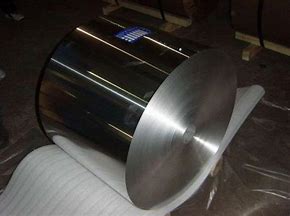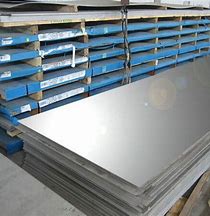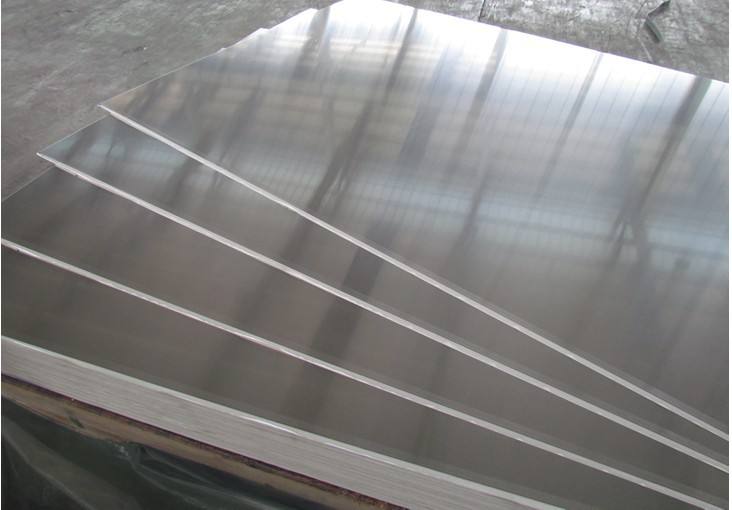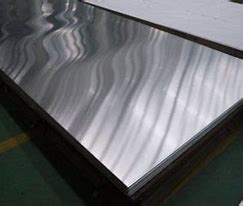



Aluminum foil is a versatile material that is commonly used in households as a food wrap, but it can also serve as an essential component in batteries. One of the most important applications of aluminum foil is as an anode in lithium-ion batteries.
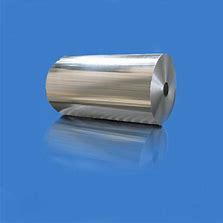
The battery aluminum foil is a thin layer of aluminum that is highly conductive and has a large surface area. It is used to collect the electrons generated by the electrochemical reactions that take place within the battery. The aluminum foil helps to transfer these electrons to the external circuit, which powers the device. The high surface area of the aluminum foil provides a large contact area for the electrolyte, which is a liquid or gel that conducts ions between the cathode and anode. This contact area allows for efficient electron transfer between the anode and cathode, resulting in a higher battery capacity.
One of the key benefits of using aluminum foil in batteries is its high surface area. The larger the surface area, the more efficient the electron transfer will be, which leads to a higher battery capacity. This means that the battery is able to store more energy and can last longer.
In addition to its conductive properties, aluminum foil is also lightweight and cheap, making it an ideal material for battery production. It is also highly flexible, which allows it to be easily molded into various shapes to fit different battery designs. This flexibility is particularly important in the development of new types of batteries, as it allows for the creation of batteries that are both smaller and more powerful.
Another important aspect of using aluminum foil in batteries is its environmental friendliness. Aluminum is a highly recyclable material, which means that it can be recycled and used again and again without any loss of quality. This makes aluminum foil a sustainable choice for battery production, especially as demand for batteries continues to grow in a wide range of applications.
In conclusion, aluminum foil is an essential component in the manufacture of batteries. Its high conductivity, large surface area, flexibility, and environmental friendliness make it an ideal material for battery aluminum foils. The use of aluminum foil in battery production is likely to become even more prevalent in the years to come as researchers continue to develop new and more efficient battery technologies.
* Thank you for your inquiry. Please provide your business needs information so that we can better serve you.
This information can help us assign the most suitable person to solve your problem. We will give you feedback within 1-2 working days.
Related Blog
